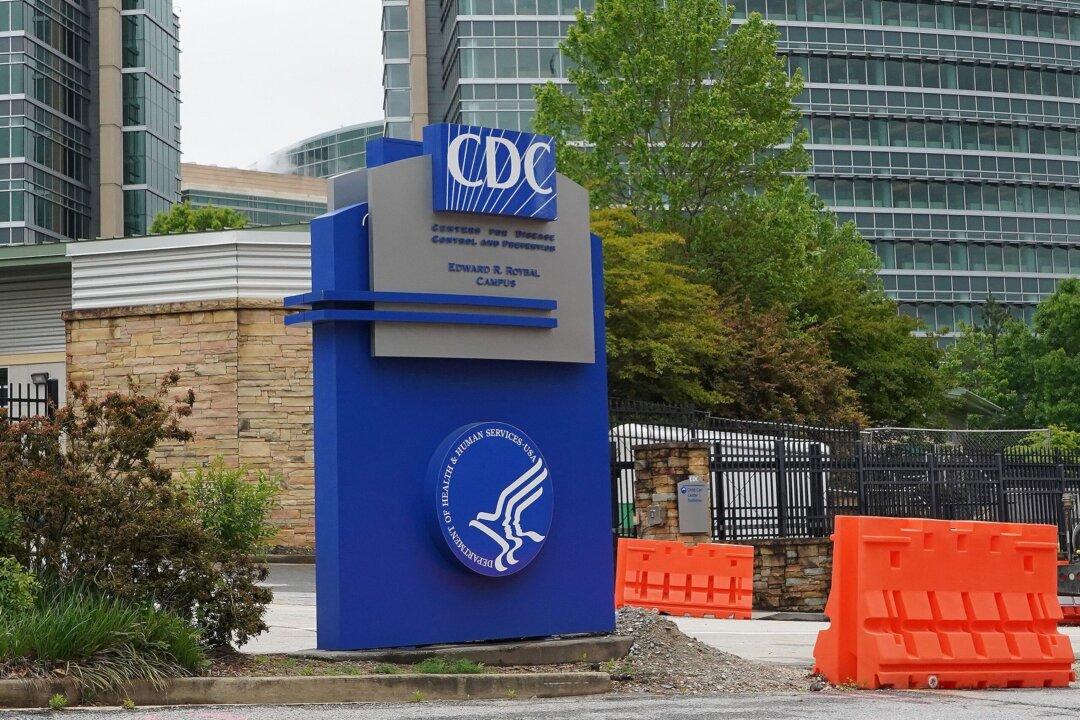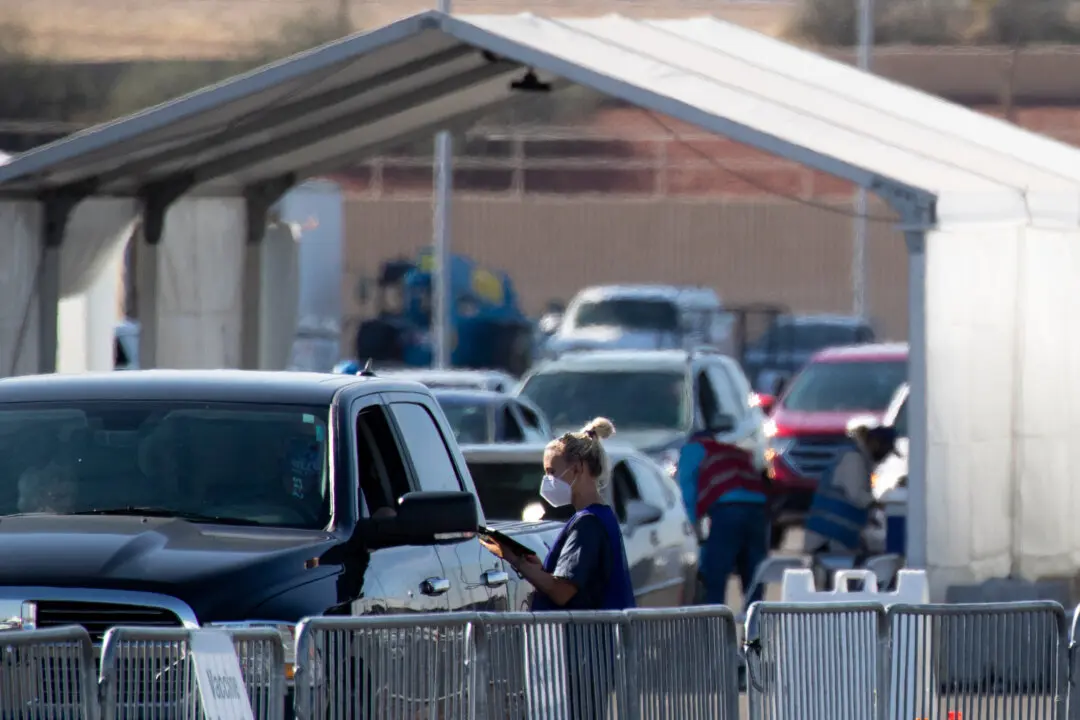The Centers for Disease Control and Prevention (CDC) has admitted it gave false information about COVID-19 vaccine surveillance, including inaccurately saying it had conducted a certain type of analysis more than a year before it actually did.
The false information was conveyed in responses to Freedom of Information Act (FOIA) requests for the results of surveillance, and after the CDC claimed that COVID-19 vaccines were being monitored “by the most intense safety monitoring efforts in U.S. history.”





